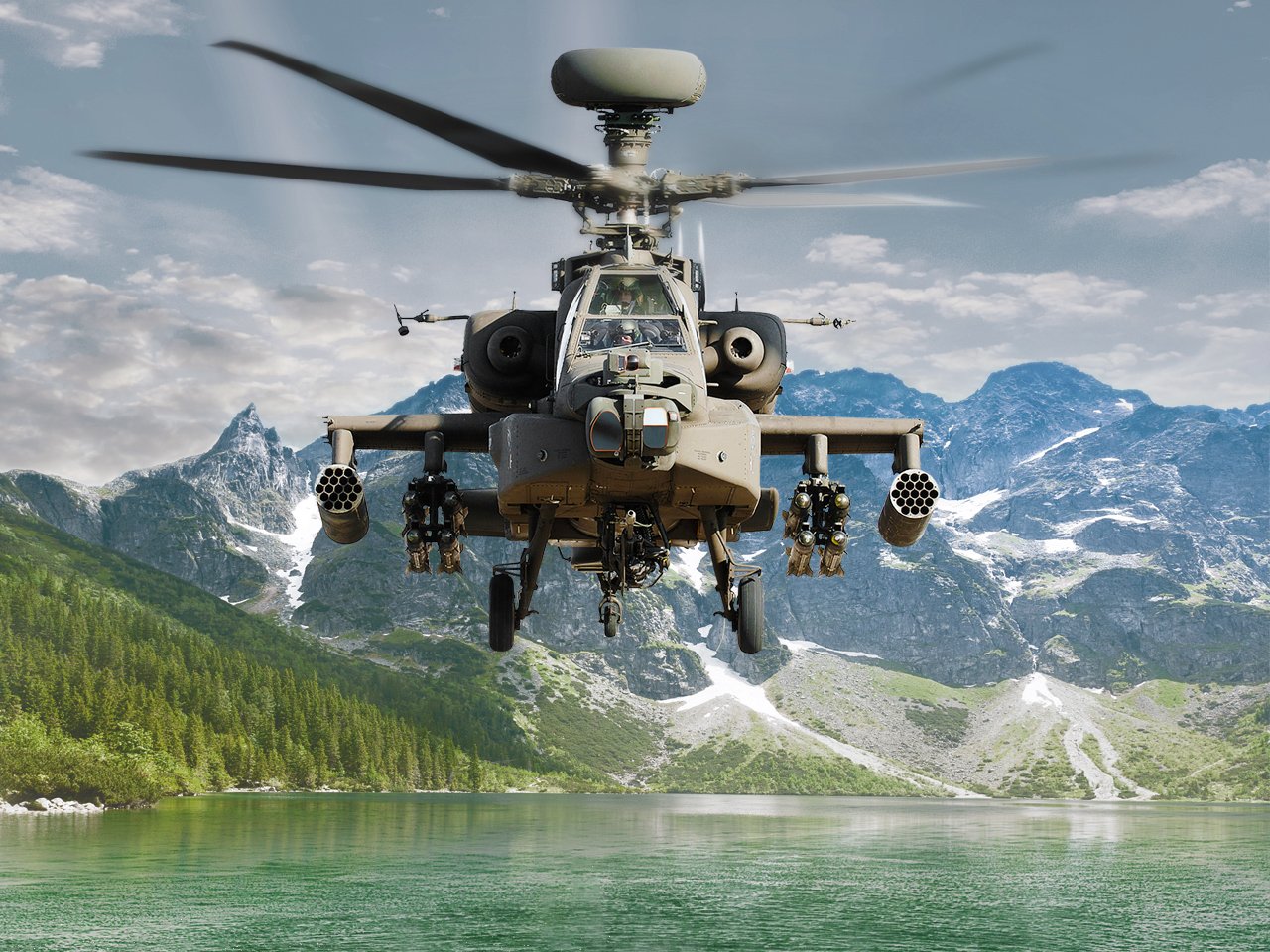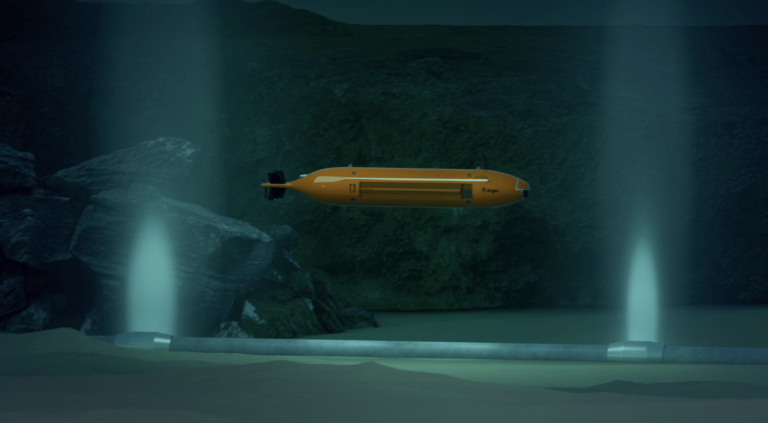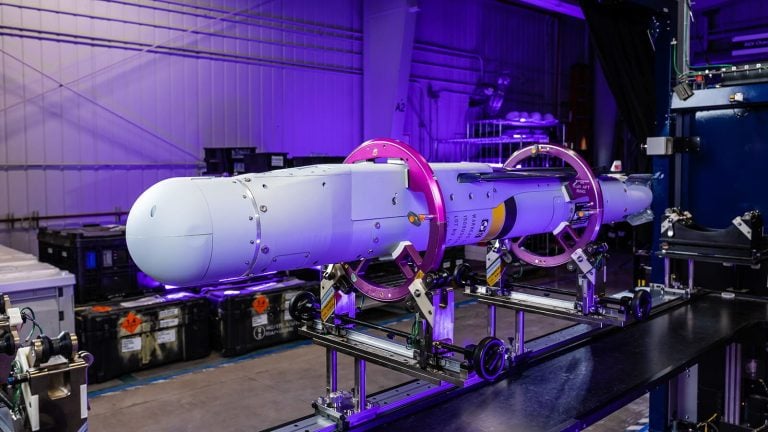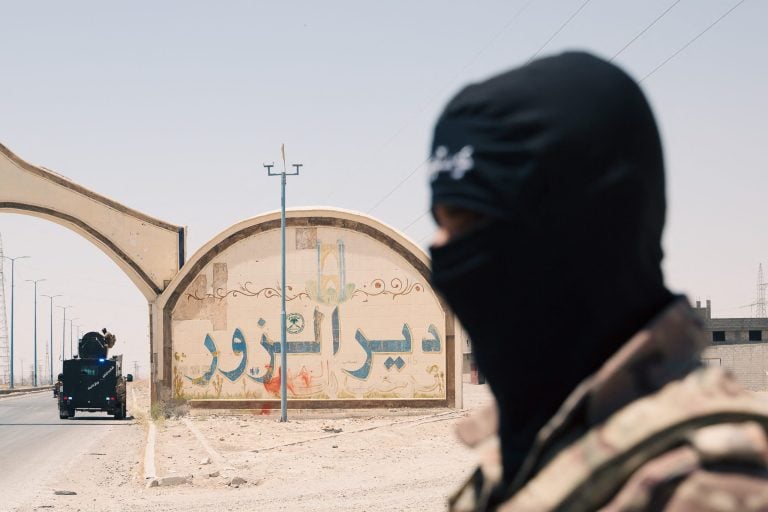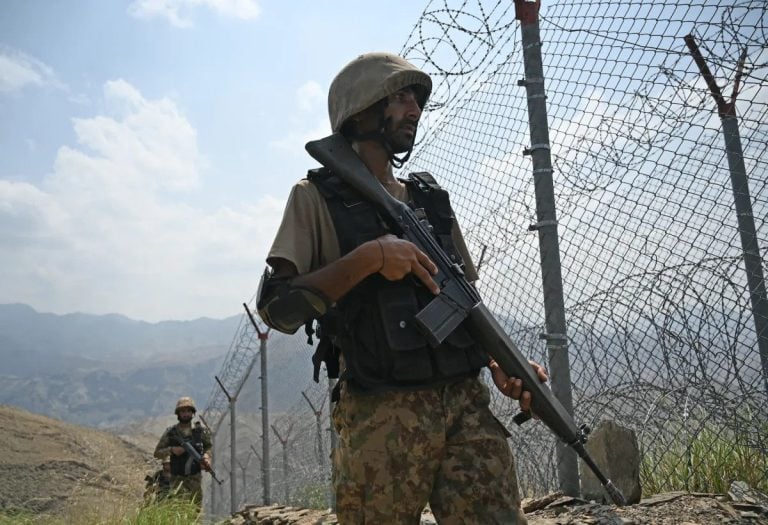In a significant shift in its defense strategy, South Korea has decided to abandon plans to acquire an additional fleet of 36 AH-64E Apache helicopters, a deal that had received approval from the US State Department in August 2024. Instead, the South Korean government is reallocating these funds toward the development of unmanned and autonomous systems in response to evolving warfare dynamics.
As part of a supplementary budget recently approved, a substantial portion of the allocated 100 billion won (approximately $72.6 million) for this year—97 billion won ($70.5 million)—has been cut from the Apache procurement budget. The remaining 3 billion won ($2.18 million) has been reassigned, effectively bringing an end to the Apache program.
The decision follows a growing recognition of the limitations of traditional attack helicopters, particularly underscored by the drone strikes in Ukraine that highlighted vulnerabilities in older aviation platforms. Additionally, a staggering 66 percent increase in the cost of the Apaches played a crucial role in South Korea’s re-evaluation of its military assets.
People Power Party Representative Yu Yong-weon commented on the cancellation, describing it as a “positive step” for the nation. He emphasized the need to move away from costly legacy systems and invest in cutting-edge capabilities that align with the future of warfare.
This revised approach to military procurement reflects broader trends among nations reassessing their defense strategies. Earlier this year, South Korea also scrapped plans for a proposed F-35B-armed light aircraft carrier, opting instead to develop a Multipurpose Manned and Unmanned Force Command Ship capable of deploying various drone systems, instead of relying on supersonic stealth fighters.
The ongoing conflict between Russia and Ukraine, which has spurred renewed interest in modern military technology, is prompting countries worldwide to reconsider significant investments in traditional attack platforms in favor of drones and other contemporary systems. For example, the US made a similar pivot in February 2024 when it canceled its Future Attack Reconnaissance Aircraft (FARA) program to focus on current rotary aviation platforms and new uncrewed initiatives. Japan has also begun to explore similar trajectories, having announced plans in February 2023 to replace its aging helicopter fleet with drone technology.
As nations navigate the complexities of modern warfare, South Korea’s recent decisions illustrate a broader rethinking of defense priorities that embrace the potential of unmanned systems over traditional manned platforms. This transition may signal a transformative period in military strategy that could reshape the landscape of global defense capabilities.
